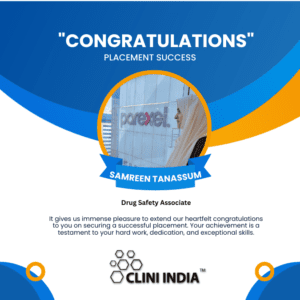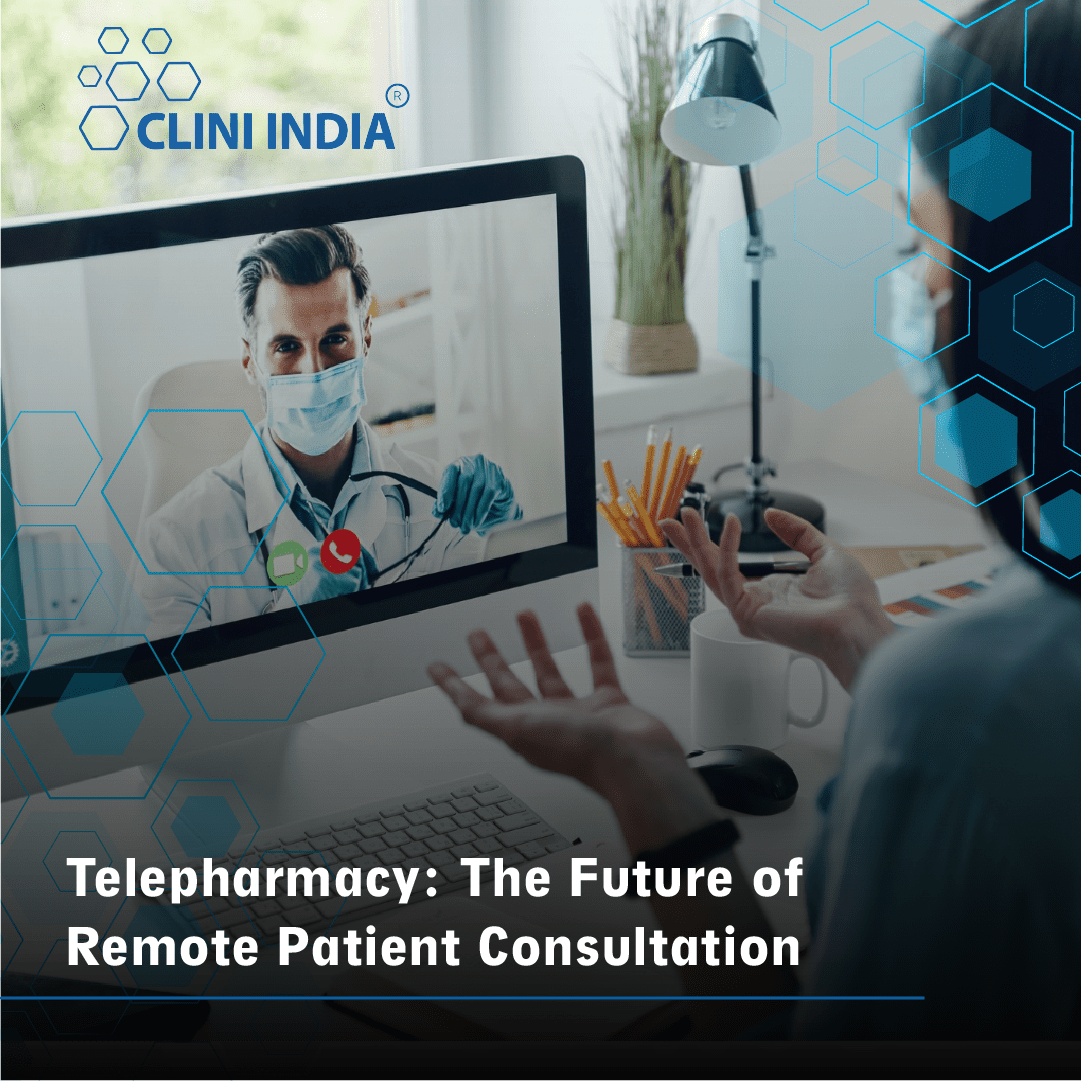
Essential Soft Skills for Freshers in Clinical Research
Entering the clinical research domain as a fresher can be both exciting and challenging. While technical knowledge and scientific expertise are crucial, soft skills play an equally significant role in ensuring success in this field. Clinical research involves teamwork, ethical considerations, and effective communication, making soft skills indispensable. Here are some essential soft skills that every fresher should develop to thrive in the clinical research industry.
1. Communication Skills
Effective communication is the backbone of clinical research. Professionals in this field must interact with various stakeholders, including doctors, patients, regulatory authorities, and sponsors. Strong verbal and written communication skills help in:
- Conveying research findings clearly.
- Writing precise reports and documentation.
- Communicating effectively with patients to obtain informed consent.
- Collaborating with multidisciplinary teams.
2. Teamwork and Collaboration
Clinical research is a team effort involving investigators, study coordinators, regulatory bodies, and data managers. Being a team player helps in:
- Efficiently managing trials with different stakeholders.
- Resolving conflicts and ensuring smooth workflow.
- Contributing positively to a productive research environment.
3. Time Management and Organization
Managing multiple tasks efficiently is crucial in clinical research. Proper time management ensures:
- Meeting regulatory deadlines.
- Efficiently handling clinical trial protocols.
- Maintaining accurate records and documentation.
4. Problem-Solving and Critical Thinking
Challenges and unexpected issues often arise in clinical trials. Being able to think critically and solve problems helps in:
- Identifying potential risks and mitigating them.
- Making informed decisions based on data analysis.
- Ensuring compliance with regulatory guidelines.
5. Attention to Detail
Clinical research requires precision and accuracy. A keen eye for detail ensures:
- Proper data entry and record-keeping.
- Adherence to protocols and guidelines.
- Avoiding errors that could compromise research integrity.
6. Ethical Understanding and Integrity
Adhering to ethical standards is crucial in clinical research. Professionals must understand:
- Good Clinical Practice (GCP) guidelines.
- The importance of patient confidentiality and informed consent.
- The necessity of maintaining integrity in data reporting.
7. Adaptability and Resilience
The clinical research industry is dynamic, with evolving regulations and unforeseen challenges. Being adaptable helps in:
- Quickly adjusting to new protocols and regulations.
- Managing stress and staying motivated despite challenges.
- Learning continuously and updating knowledge.
8. Networking and Relationship Building
Building professional relationships is essential for career growth. Networking helps in:
- Learning from experienced professionals.
- Exploring career opportunities in different research organizations.
- Gaining insights into the latest trends and advancements in the industry.
Soft skills are as crucial as technical expertise in the clinical research domain. Developing strong communication, teamwork, problem-solving, and ethical understanding can significantly enhance a fresher’s ability to succeed in this competitive industry. By focusing on these skills, aspiring clinical research professionals can set themselves apart and contribute effectively to the advancement of medical research.
Are you a fresher entering clinical research? Focus on honing the soft skills, and you’ll be well on your way to a successful career!


























































